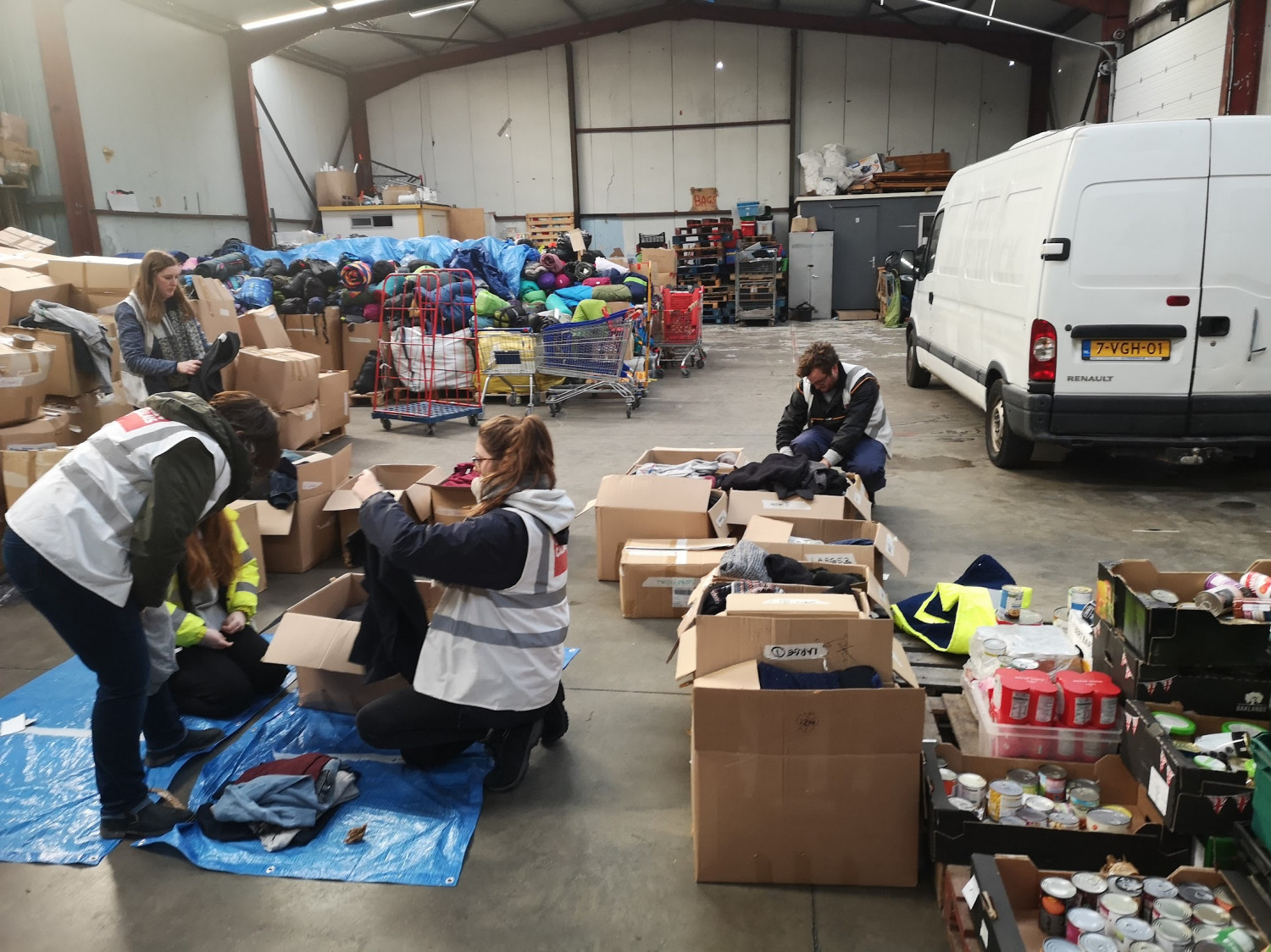The definition of a refugee according to The 1951 United Nations Convention Relating to the Status of Refugees is:
“A person who owing to a well-founded fear of being persecuted for reasons of race, religion, nationality, membership of a particular social group or political opinion, is outside the country of his nationality and is unable or, owing to such fear, is unwilling to avail himself of the protection of that country; or who, not having a nationality and being outside the country of his former habitual residence as a result of such events, is unable or, owing to such fear, is unwilling to return to it.”
In the UK, a person becomes a refugee when the government agrees that an individual who has applied for asylum meets the definition in the Refugee Convention, they will ‘recognise’ that person as a refugee and issue them with refugee status documentation.
Usually, refugees in the UK are given five years’ leave to remain as a refugee. They must then apply for further leave, although their status as a refugee is not limited to five years.
The diocese is working as a strategic partner with the charity Citizens UK to offer accommodation to refugees who are fleeing from the conflict in Ukraine. We’re delighted that churches and individuals are coming forward with offers to host.
However, it often takes many years for someone from other parts of the world who are seeking asylum to gain refugee status, and many end up in ‘hotels’, with little money or support, often families are cramped into one room during this time.
Safe and legal routes for refugees to enter the UK
Currently, the safe and legal routes for refugees are:
- UK Resettlement Scheme – which prioritises the resettlement of refugees in regions of conflict.
- *Community Sponsorship – whereby refugees are matched with local organisations' Mandate Resettlement scheme – for refugees who already have a close family member in the UK who is willing to accommodate them.
- Refugee Family Reunion allows a spouse/partner and children under 18 to join their family if they formed part of the family unit before the sponsor fled their country.
- Country-specific schemes – bespoke schemes for people coming from Afghanistan, Ukraine and Hong Kong.
What is an Asylum Seeker?
What is the definition of an Asylum Seeker? Click on this link for a fact sheet if you'd like to know what the definition of an asylum seeker is and what their rights are in the UK
What is Community Sponsorship?
The scheme enables community groups to be directly involved with supporting the resettlement of a refugee family in the UK.
This model of private sponsorship by local community groups is the second of its kind in the world, modelled on the Canadian resettlement scheme, and has been running in the UK since 2016.
There are over 320 Community Sponsorship groups in the UK, and so far almost 1000 refugees have been welcomed through Community Sponsorship.
Each family that comes into the country through Community Sponsorship is in addition to any refugees resettled by the government. This means that if your community welcomes a family of refugees through Community Sponsorship, then you will be welcoming a family that otherwise may not get to be resettled to the UK.
As a Community Sponsorship group, you will support a resettled family from the moment of arrival in the UK, providing formal support for up to 1 year, and housing for 2 years.
The whole process is supported by the organisation RESET who work with prospective groups towards gaining Home Office approval for the resettlement of a family. The criteria for Home Office approval includes:-
• fundraising at least £9,000
• obtaining local authority consent
• creating a resettlement plan and securing accommodation for a family.
Once approval has been obtained from the Home Office, the Home Office work with the United Nations High Commissioner for Refugees (UNHCR) to identify a family for resettlement. Once this has taken place then resettlement begins with the sponsorship group meeting the family at the airport.
The benefits for the refugees are above all the social connections made, as well as practical assistance with navigating a new life in the UK such as help with registering for a GP, applying for school places, or accessing English language lessons.
There are also so many benefits for those in the Community Sponsorship group. It is a privilege, a joy and a humbling experience to be a part of this scheme. Churches and groups grow and develop in friendship, in team work, collaboration and increasing depth of spiritual growth.
More information can be found in the University of Birmingham’s 4 year evaluation of Community Sponsorship.
If you are interested in joining or starting a Community Sponsorship group in your local area you can:-
• Contact Attieh Fard or Victoria Ashdown. They can link you with other church communities who have already welcomed refugees under Community Sponsorship.• Find further information from RESET on the Community Sponsorship process.
• Read the guidance for potential sponsors produced by the Home Office